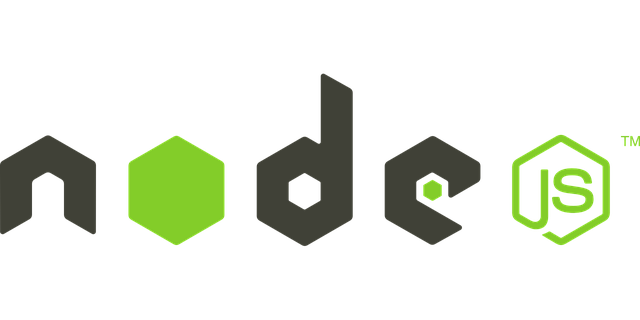Why You Should Be Using Node.js for Your Web Application
Node.js has always been a prior choice for web developers worldwide. A cross-platform runtime platform based on JavaScript, it is an exceptional option for building real-time applications. Written in JavaScript, it allows the web developers to build web servers as well as networking tools.

By Rob Stephen
Node.js has always been a prior choice for web developers worldwide. Being a cross-platform runtime platform based on JavaScript language and packed with inherent features, it is a downright exceptional option for building real-time applications. Moreover, written in JavaScript, it allows the web developers to build web servers as well as networking tools. Additionally, all the applications developed with it will be able to run on various servers including MS Windows, Unix and Mac OS. So, it rules the real-time web applications space by employing push capabilities over the websockets. That is, finally, we can have real-time web apps with two-way connectivity, which means both client and server can interact and freely exchange data.
While Node.js can never go unnoticed for this obvious reason, here we put some more reasons for you to use it for your next web application project.
It supports agile development
It uses the JavaScript V8 engine of Chrome which has an outstanding running speed. Another plus point is that coding runs faster which are written by the programmers while developing. Thus, to put simply, it increases the speed of any framework and the only thing developers need to do is to write codes carefully and the apps will follow them afterwards.
Advantage of data streaming
Node.js wins in the aspect of data streaming. While in ordinary web platforms, HTTP requests and platforms are considered as separate events, they are actual data streams. This feature helps developers to enjoy some great advantages like processing of files while their upload is still in progress. This cut downs the processing time to a considerable extent and such an advantage help developers when they engage in encoding real-time audio or videos.
Effective and single code base
Node.js has already proved its worth as a path-breaking technology allowing developers to write code for both server-side or client-side. This makes transferring and synchronisation of data between the two ends easier. Thus, a single codebase consecutively allows the developers to save up a lot of time.
Node Packet Manager (NPM) supports sharing
NPM which is a storehouse of 50,000 packages help developers in a big way to provide highly effective solutions. With inbuilt NPM, they can share, updates and even reuse codes with great ease. So, all-in-all, the framework offers a robust and persistent solution for the developers with its packet manager.
Solves database queries
The database queries for the latest NoSQL databases such as MongoDB, CouchDB are based on JavaScript for which developers do not have to put efforts for modulating syntax differences while merging Node.js and NoSQL databases.
Node.js is no doubt the best fit for real-time applications. If you are worried about low-level sockets or protocols, then that is past now as it lets you develop real-time applications at superfast speed. With a great number of advantages from the business perspective, it is thus hard for companies to inconsiderate Node.js for their upcoming web application ventures.
Rob Stephen is an experienced Node js developer working at PHPProgrammers, one of the trusted one-stop web development solutions provider in Australia. He is a tech enthusiast and likes sharing thoughts on different PHP frameworks, programming ideas, web development technologies and industry trends. You can follow the Facebook page for many other interesting write-ups and posts by him.
Article Source: Why You Should Be Using Node.js for Your Web Application
